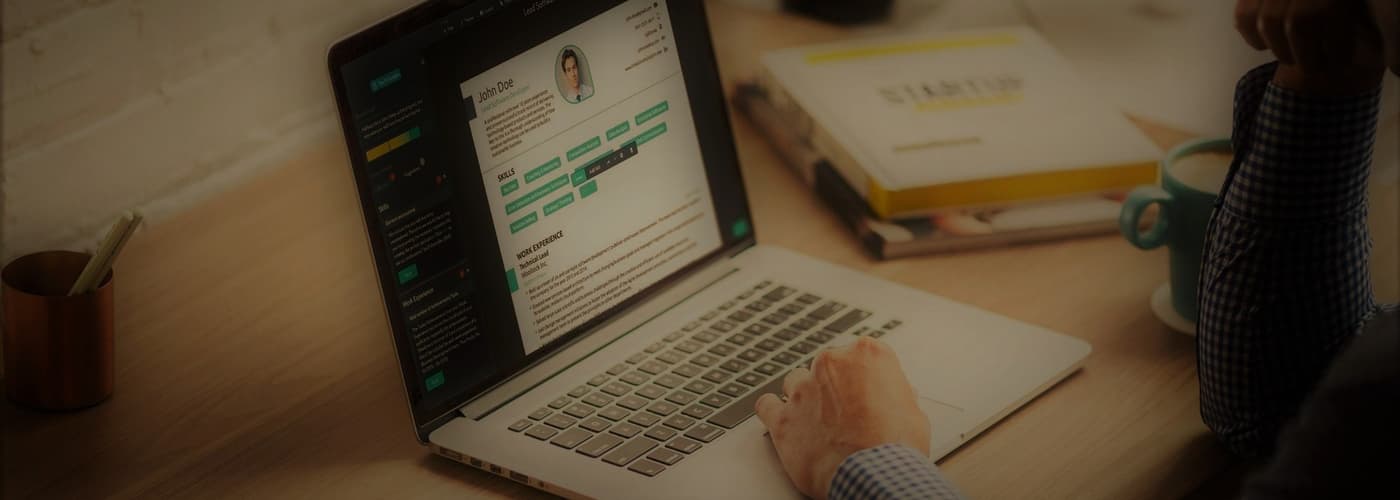For the last two and a half years, we’ve heard a lot about hard and soft Brexit but what about the heated debate taking place amongst employers about hard versus soft skills?
What are they and why are they important?
Hard skills are often gained through education and training and can be measured, for example English and Maths qualifications, ability to speak a foreign language or typing speed. They are the ones you put on your CV and allow prospective employers to see whether you have the required skills for the role they are recruiting for.
Soft skills, on the other hand, are personality traits such as: strong work ethic and positive attitude, and include critical thinking, problem solving and creativity. These skills help you work as part of a team and make good business and resource decisions.
Indeed, the World Economic Forum says by 2020, people will need the following to thrive:
- Complex Problem Solving
- Critical Thinking
- Creativity
- People Management
- Coordinating with Other
- Emotional Intelligence
- Judgement and Decision Making
- Service Orientation
- Negotiation
- Cognitive Flexibility
Interestingly, since 2015, creativity and critical thinking have leapt up the list.
Applying soft and hard skills to your job search
Hard and soft skills are both necessary to find career success, so you need to highlight both in your CV and in an interview situation. It is important to remember - recruiters will decide on whether you go through to the next stage based on the skills they see on your CV.
So here are some top tips from Inspira’s Career Expert, Deb Naylor
- Taylor your CV for each application.
- Place emphasis on the attributes the employer mentions in the job description, for soft skills illustrate them with practical examples.
- In your interview refer to your experience and training.
- Answer any technical questions concisely, paying attention to detail.
- Arrive on time or even early for interview, this shows punctuality and dependability.
- Maintain eye contact, it demonstrates active listening skills.
- Answer questions about your work history, it is an indication of personal integrity.
- Answer questions clearly and succinctly, illustrating your ability to communicate effectively.
As a final piece of advice - hard skills may get you the interview, but soft skills could get you the job.
